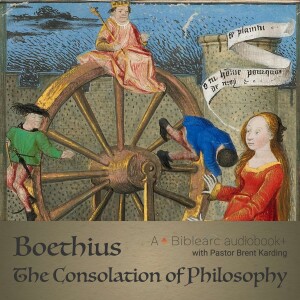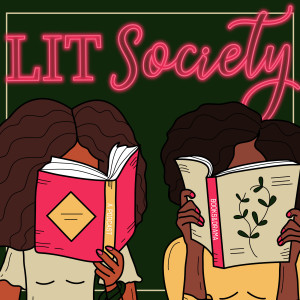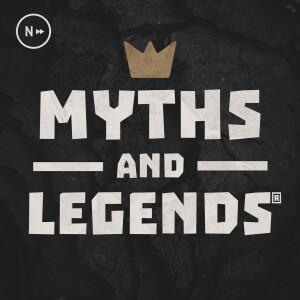

Philosophy now aims to show Boethius where true happiness is located. Since the Most High God is the source of all things, he is good. Also, he must have perfect Good, otherwise something else must possess it and be higher than him. Further, this implies that he must be in himself the highest Good, because otherwise he must either have obtained it from elsewhere (and so someone else would be preeminent), or it must be logically distinct from him (but then someone else must have combined goodness with God—and such a person would be God). If it is distinct, it cannot be identical with him, and so God could not be the highest Good (which would be sacrilegious to imagine about the Most High God). And since the highest Good is happiness, God must be happiness itself (for two perfect, highest goods cannot exist together). What results from this is the truth that people can only become happy if they attain divinity—if they attain union with him.
Further, although happiness is composed of many parts, they are not separate, like limbs of a body, but are all identical. The Good is the sum total of everything people desire. Thus happiness and the Good are identical. This means that, combined with the previous conclusion, God himself, in his substance, is the highest Good.
About The Consolation of PhilosophyWritten in the 6th-century from a prison cell as the author awaits execution for a crime he did not commit, The Consolation of Philosophy is a dialogue between Boethius and a mysterious woman—Lady Philosophy—who helps him rediscover wisdom and virtue.
Subscribe now and begin walking the path of wisdom with us.
Want to go deeper?You’re invited to join the companion course that dives deep into each of the five books. There, we’ll explore each chapter, with guided readings, discussion prompts, and study tools to enrich your journey. Enroll today.
More Episodes
All Episodes>>Create Your Podcast In Minutes
- Full-featured podcast site
- Unlimited storage and bandwidth
- Comprehensive podcast stats
- Distribute to Apple Podcasts, Spotify, and more
- Make money with your podcast












